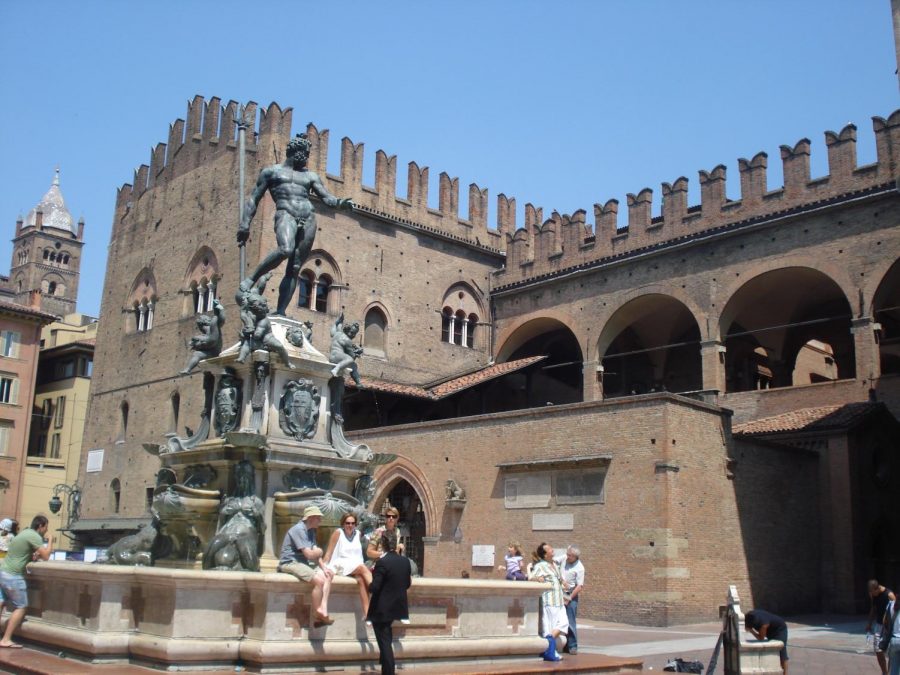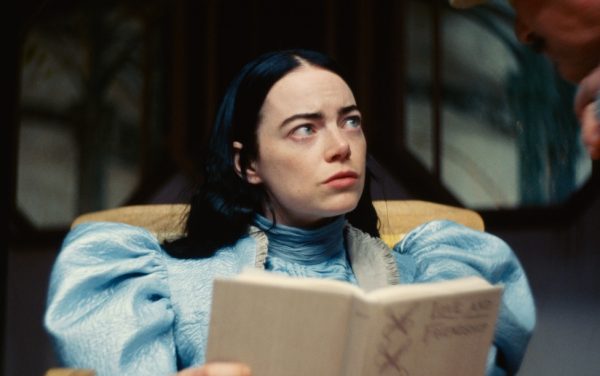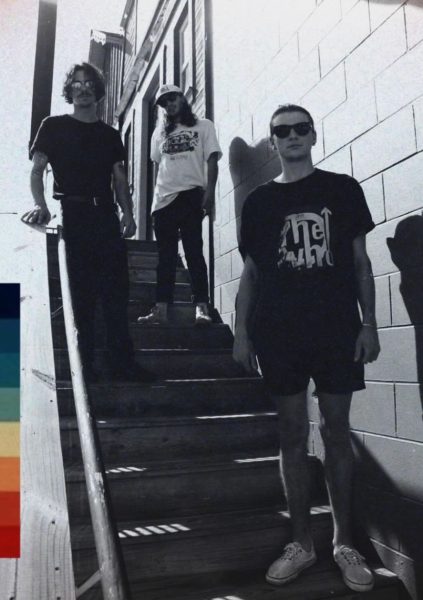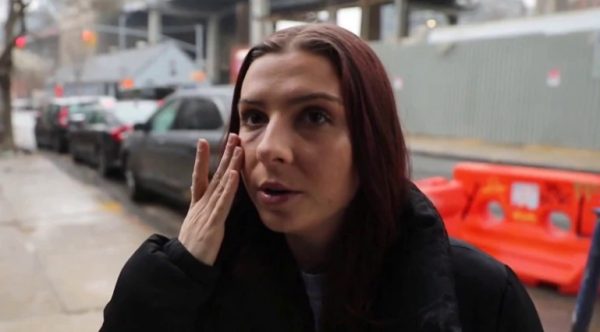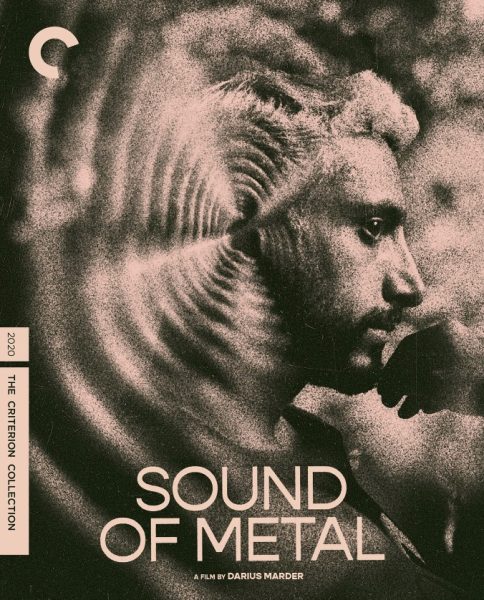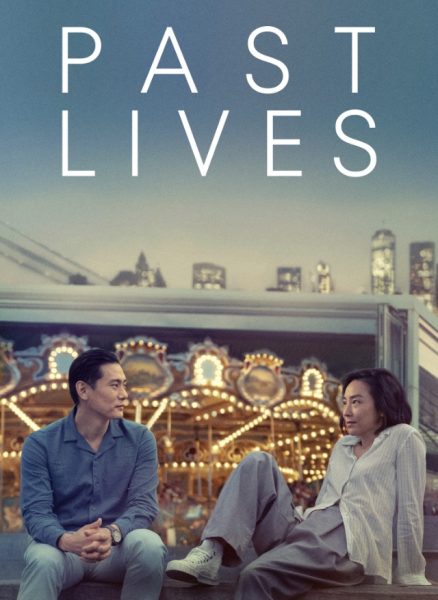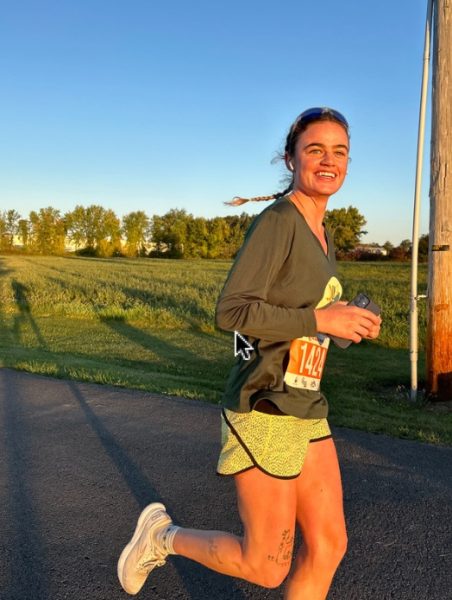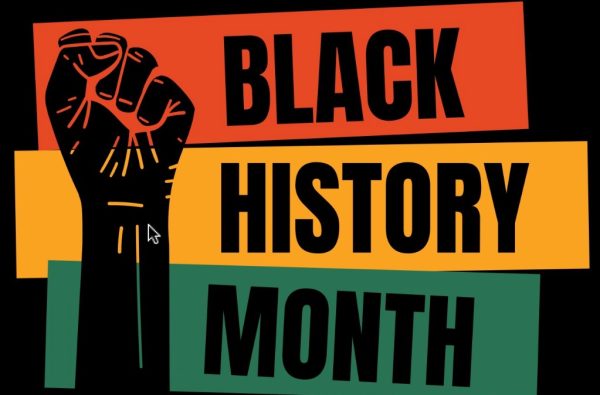Career Spotlight with Dr. Joanna Carraway-Vitiello: How to find your passion & keep it
October 12, 2020
Editor’s note: Dr. Joanna Carraway-Vitiello, professor for 13 years, is interviewed about how to find the career you’re passionate about. This interview is a part of a series called “Career Spotlight,” highlighting the amazing professors at Rockhurst and discussing their career paths.
How did you choose to become a professor?
It was a natural outcome. I studied religious studies in undergrad. I had the opportunity of working as an archeological illustrator in Israel. During the time, there were tense political situations in Israel. I discovered my real interest was in the history behind a culture.
How many years have you been a professor for?
I’ve been a professor for 13 years. I had experience in research in the field [of history] before I became I professor.
What mentality do you have to stay passionate about the material?
I enjoy hearing the new questions students ask in a course. The questions students are interested in learning about have changed over the years. Now, they are more aware of marginalized groups. They ask different questions about how gender is perceived in the text. New perspectives I hear from the students keeps me passionate about the material.
What is your favorite part of your career?
One of my favorite parts about my career is the research I have gotten the opportunity to do. Also, I love hearing student’s responses in a class about the text or about a certain topic in history. I love seeing the realizations that studying history can cause in the students. I enjoy that history is based on experiences, and we can all learn from the past experiences of others.
Have you encountered any challenges as a woman in your career?
I was fortunate as graduate student because I had an excellent supervisor. I’ve seen a change in education since I was an undergraduate. Today there is more of an awareness of women’s issues, and this is a great and much-needed change.
Having lived in other places in the world, how do you think it has opened your worldview?
After traveling and living other places, I’ve realized we are all the product of a culture. This culture informs our worldview. From cultural immersion, I have learned that there are many ways of seeing any issue. I’ve come to a different understanding what motivates the actions of other people, which has opened my personal worldview.
Are there disadvantages from living in a different place?
I wouldn’t say there are disadvantages from living in a different place. You get to challenge yourself. You see yourself opening your mind to different ideas. Most importantly, you develop empathy for others. Lastly, you look inside yourself and ask, “Why do I hold this or that opinion,” so you become more self-critical.
Which place has been your favorite?
I can truly say I’ve loved everywhere I’ve lived. I’ve lived and spent time in Canada, Israel, Germany, Hungary, and Italy. Italy has been my favorite. I had the opportunity to do archival research in Italy, and use medieval Latin records from Reggio Emilia and Bologna. It is such a rich history.
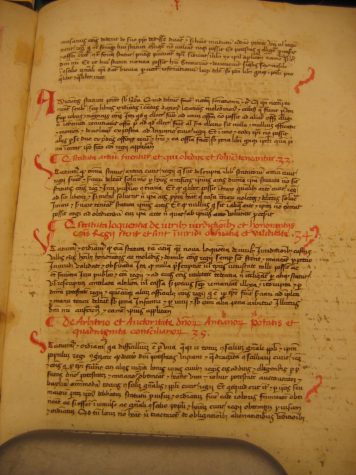
What country have you experienced the most growth academically & professionally?
I experienced the most growth academically in Italy when I was doing my research. I can honestly say I’ve experienced professional growth in many places.
If you could give your younger self one piece of advice, what would it be?
I would tell myself “Worry about the process as much as the result.” We can get caught up in achieving a certain result of things, but our process is important too. I would also tell myself “Trust yourself, try to do the right things, but know what comes, comes. There’s only so much you can control.”
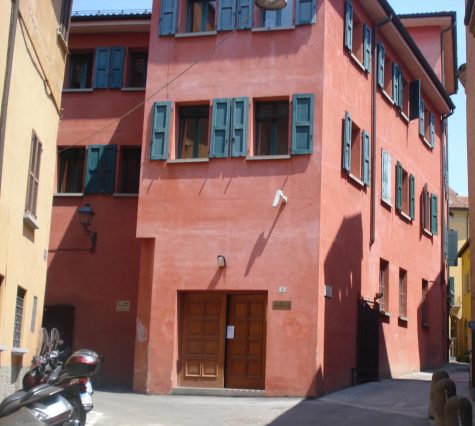
Edited by Stockton Grunewald


